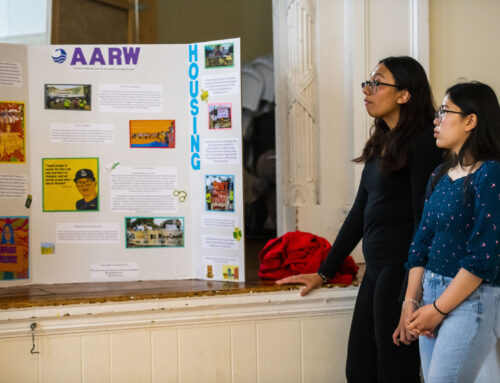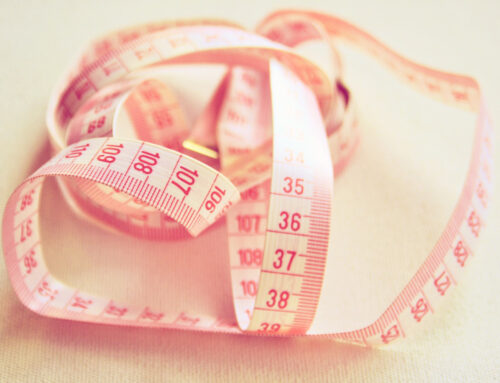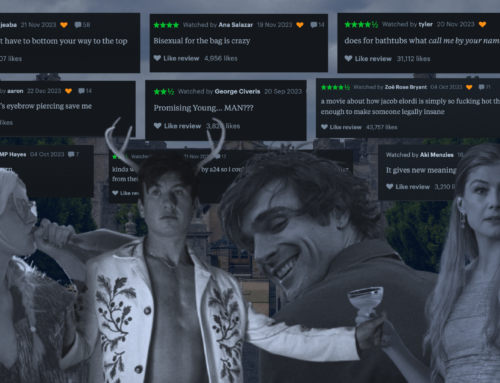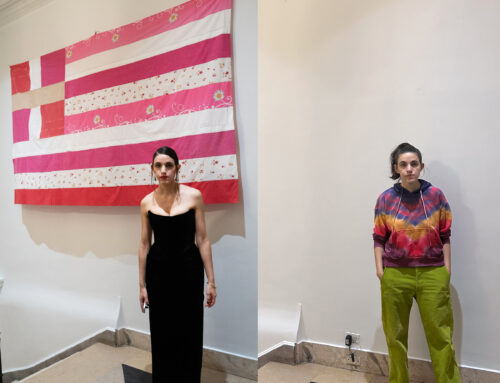Here’s a confession: I have cried over books.
My hot tears dripping onto the starchy pages come full and strong with the moving revelations typed out in front of me. It’s one of my favorite things: the ability of text to have such a profound effect on me, as a reader.
I can vividly recall the wonder I felt as I ran into my parents’ room, the I Spy book clutched in my hand, as I proudly recited the words before me, being able to read for the first time. Even with the simple nature of the book, I could recognize the power in this skill I had just acquired. It was like magic: the conveyance of new lives and emotions that I could now decipher.
My imagination thrived on these stories that I devoured. Covers pulled over my head to soften the glow of the headlamp, I seized every possible moment. The library, as imposing as it was at first glance, was a trove for unlimited tales, and I tottered out after each visit with arms full of books. I almost couldn’t believe that they’d give away all of this knowledge for free—I was afraid that there might be a catch.
When I look at my bookshelf, I can see my progression as a thinker. From Sharon Draper, Kate DiCamillo, and J.K. Rowling of my childhood came new additions: James Baldwin, Isabel Allende, Malcolm Gladwell. While my initial notions of reading were often fantastical, a multitude of truths was masked within them. Now when I read, the truth cuts through any preconceptions. I cry because I recognize the power of reality because no matter how fantastical, there is great beauty and strength in the lives presented.
There are some books that I believe everyone must-read. Books that explain concepts so integral to human life because they come from unique perspectives of suffering. There will always be some struggle that we have and another that we can only imagine; these written pieces bridge the gap of understanding and sympathizing. Night by Elie Wiesel and The Diary of a Young Girl by Anne Frank highlight one of the darkest times in history, the Holocaust. But there many more books that should be recognized, and not all are in our past. The New Jim Crow, thoroughly researched and incredibly narrated by Michelle Alexander, highlights the racism that plagues our world today in a life-changing way. These are books that I believe can teach humanity.
Sometimes I wonder how people can come to dislike the act of reading. Where did those stories go wrong, excluding so many from their tales of beauty and wonder? It all comes down to accessibility. We need stories so distinct that they tell everyone’s experiences. A small window in which readers must look into isn’t good enough. For a world as broad and expansive as ours, a limited view cannot ever hope to satisfy everyone. We need authors from every place, community, background—the list goes on. If we expect everyone to be a reader, then every kind of story must be written. Without this, our literature is not true.
It was with excitement that I picked up books about lives like mine as a child, but I was usually met with disappointment. Stories about girls with disabilities weren’t commonplace and normalized; their struggle was almost always the entire plot of the book. While I knew that their differences and experiences were important, I longed for literature that left those ideas to the side. Why couldn’t the same stories about magic and adventure feature people with disabilities, showing how wonderful life can be with them? Why did the able-bodied always seem to get the great escapades, the gripping tales of mystery and action, while the characters with disabilities fought for a “normal” life? The books I read didn’t reflect how I felt about myself nor what I most desired from literature at that age. Instead, I realized that the stories we are brought up with are often imperfect.
There have been major steps toward a future of stronger representation. Authors with unique perspectives are coming into the spotlight, illustrating how captivating the truths of real people can be. Both in the form of nonfiction and fiction, there is ample opportunity for the power of narratives. Mona Hanna-Attisha’s What the Eyes Don’t See is from her perspective as a pediatrician in Flint, Michigan, as she fights for her patients’ lives against the water crisis: a potent reality with human lives built into it. At the same time, there is a lot to be learned from pieces of fiction, and I often find that they have strong foundations in true experiences. One that I recently found enrapturing was titled A Door in the Earth, a novel by reporter Amy Waldman that reflects on the complicated relationship between the United States and Afghanistan through a young woman’s journey.
Each person has an incredibly unique view of life, so each preference for writing style is different. If I could recommend anything that leads people to embrace reading, I would say this: start with your interests and experiences and expand from there. And if the subjects dear to your heart don’t often populate the bookshelves of libraries or bookstores, consider this: there’s always room for more brave people, like you, willing to introduce their thoughts into the world in the powerful form of writing.





Amazing Grace! So true. Books can be mirrors, windows and sliding doors into the lives of the many people of the world. Kudos for writing about this topic. I applaud you as a parent, librarian and human.
You are an amazing writer! I look forward to more of your articles and hearing your views on the world!
Amazing article! Thank you Grace, I so appreciate your words – and also the books you mentioned will be on my reading list.
Grace. This is so beautifully written and so thoughtfully created. You are an inspiration. I wish that you would create a reading list for me.
Beautiful! Well said, Grace. How life-affirming it is to see yourself reflected in another’s words. We all deserve that. Thank you for the book recommendations. Those are always needed, in my case. I’m sending this to my niece who is just now falling in love with books.
I think she will be inspired by your words too.